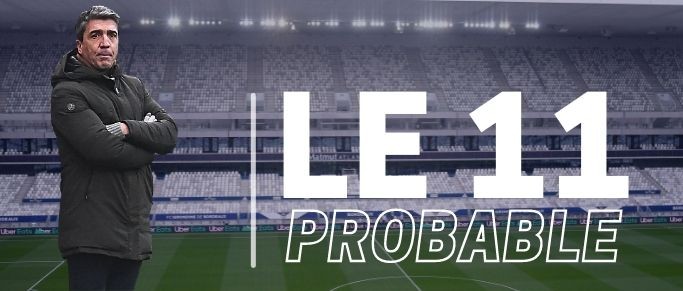DOMRADIO.DE: The Berlin Institute, together with the Konrad Adenauer Foundation, has researched how religious organizations in West Africa can positively influence believers. What positive influence could that be? On what topics, for example?
Catherine Hinz (Managing Director from Berlin Institute for Population and Development): This begins with gender equality, i.e. with the image of women and men, and above all with women’s self-determination. Then it’s on to education. The education of girls in particular is an important issue that can be positively influenced.
Catherine Hinz, Managing Director of the Berlin Institute
“The education of girls in particular is an important issue that can be positively influenced.”
–
–
–
Other topics are the number of children and family planning, but also young people and their needs, especially when it comes to sexuality. In many countries you have experience in the area of sexuality even before marriage. These are all important issues that affect birth rates and can influence socio-demographic change.
DOMRADIO.DE: The Vatican has a rather restrictive stance on contraception and family planning. Is it different for priests in Africa?
Hinz: We didn’t just look at the Catholic Church, but at various forms of religion or religious currents. Generally speaking, there are of course priests and imams in their local communities, also in West Africa, who see the problems and the realities of their community members. They know about poverty, unemployment, but also unwanted pregnancies, especially among teenagers in their communities.
Catherine Hinz, Managing Director of the Berlin Institute
“There are of course priests and imams in their local communities, also in West Africa, who see the problems and the realities of their parishioners.”
–
–
–
And there they try to find ways to reconcile the faith and realities of life for their believers. Religious initiatives and associations are already active in this area. For example, they offer alternative readings of the Bible and the Koran or they refute assumptions such as that family planning and Islam are incompatible. Or they question role models in the family and advocate for girls’ education and family planning.
DOMRADIO.DE: Does that happen during a conversation or how do people approach each other?
Hinz: This can happen in very different ways. There are some organizations that specifically offer generational dialogues. They bring parents and young people together. The young people can then explain what their specific needs are, including in relation to education or health services.
We must not forget that in many African countries, between 30 and 70 percent of health facilities, but also of schools, are run by religious organizations or churches. And so it is very important that there is an offer of health education that meets the needs of young people, where young people can ideally also get involved themselves and where they even test how the health facilities in their communities are for young people enter.
It could also be done differently: for example, by offering alternative or advanced readings for passages from the Bible or the Koran and by allowing believers, priests or even priestesses to deal with what the Bible or Koran provides. This is another way of conveying to believers that family planning is very much compatible with their faith.
The interview was conducted by Michelle Olion.
–


